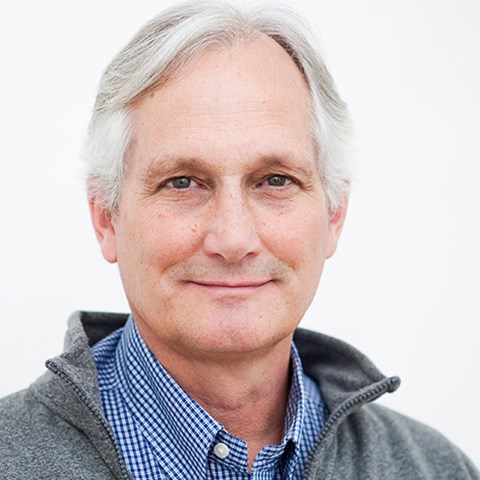Contact
njfak@slu.se, +46 18 67 10 00

Times They are a-Changin’
We are currently in the middle of a global pan epidemic. Many parts of the world have been or are currently under lockdown or quarantine. It's a dark and for many a devastating tunnel, but humanity has joined together and will beat this beast.
For SLU and the NJ faculty these are strange times and we are sailing in uncharted waters. A few weeks ago, not many had probably heard of Zoom but now many are well accustomed to this platform and its functionally in organising meetings and in lecturing. Increased digitalisation is a suggested focus area in SLU's new strategy, so here we are making giant leaps of unplanned progress.
Despite the global devastation of COVID-19, Mother Earth is probably smiling at the temporary reprieve from pollution. A clear reminder that we are only temporary custodians of this planet we call home is the anecdotal evidence of animals reclaiming their ancient territories during the COVID-19 interruption: the loud chirping of birds, coyotes sighted in a major metropolis (Manhattan, NY) and mountain lions roaming around residential areas of other cities, are but a few examples. In 2010, eruptions of Eyjafjallajökull resulted in improved air quality as some 10 million travellers were affected by cancelled flights. The widespread halt of much of the transport sector and the quarantine of millions of people due to COVID-19 should have considerable consequences on global air and noise pollution. Indeed, already in parts of Europe we are seeing drops in nitrogen dioxide (NO2): a pollutant mainly emitted from cars and trucks.
Fortunate for the global economy but less so for nature, the positive repercussions of COVID-19 are likely to be short-lived as herd immunity is achieved or a vaccine developed. However, in the aftermath of this global crisis there could be light even at the end of this tunnel. As stated in a recent UN newsletter humanity has the unique opportunity to change production and consumption to greener alternatives when implementing economic stimulus packages and when realising UN's Global Goals for Sustainable Development.
Looking towards a brighter future, EMA work within our faculty continues despite these troubled times. A recent decision by Fomar and the Pro-Vice Chancellor, Kevin Bishop, provided our faculty with funding to employ co-coordinators for four more of the seven EMA programs situated within our faculty. After holding a number of interviews, assignments have been awarded to: Christina Halling (Coastal and sea areas); Eddie von Wachenfeldt (Biodiversity); Mora Aronsson (Alpine/Arctic Landscapes) and Therese Zetterberg (Acidification). Their input into helping to further develop these EMA programs is warmly welcomed by the faculty.
Stay safe and wash your hands
/Richard Johnson
Vice Dean responsible for environmental monitoring and assessment
njfak@slu.se, +46 18 67 10 00